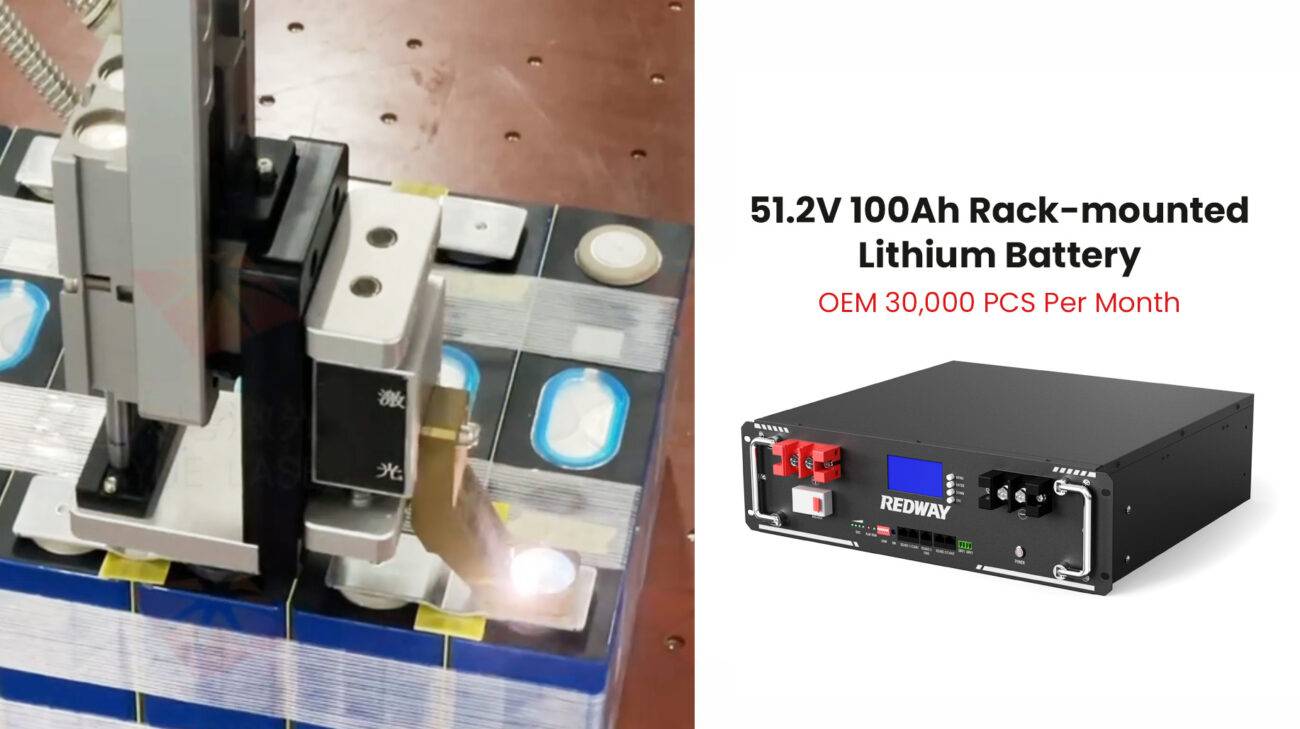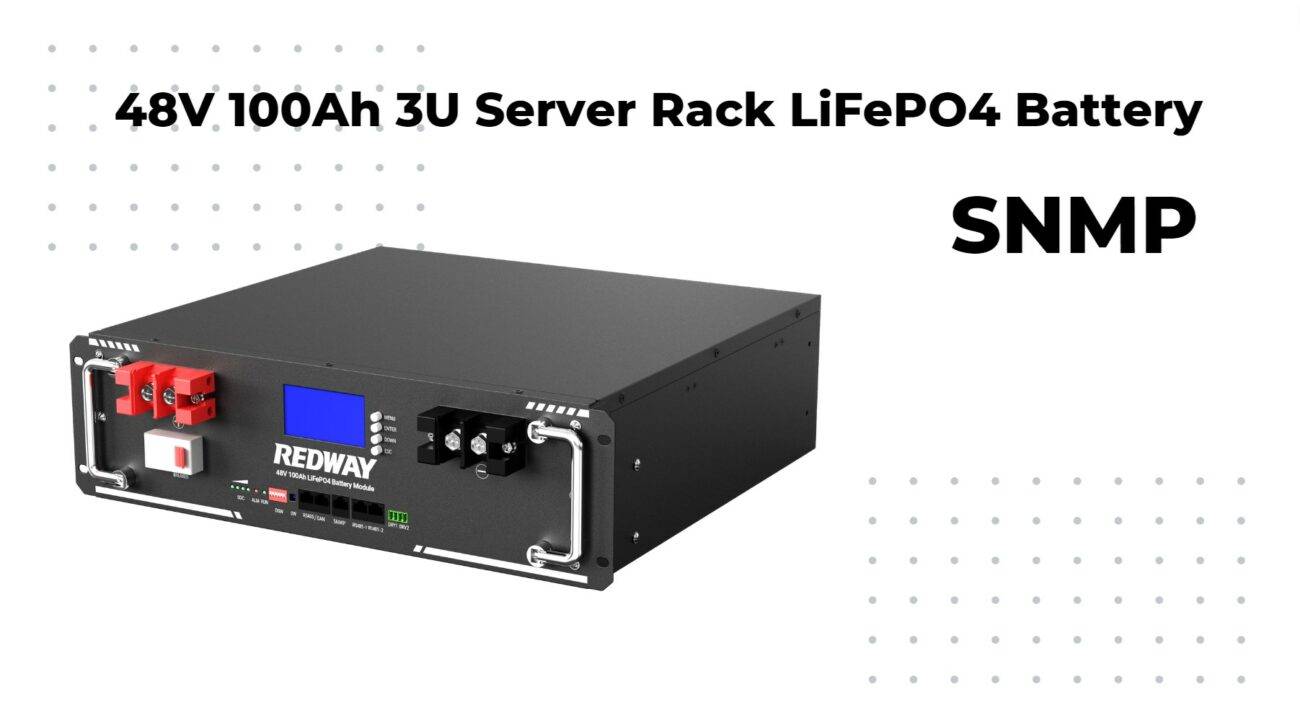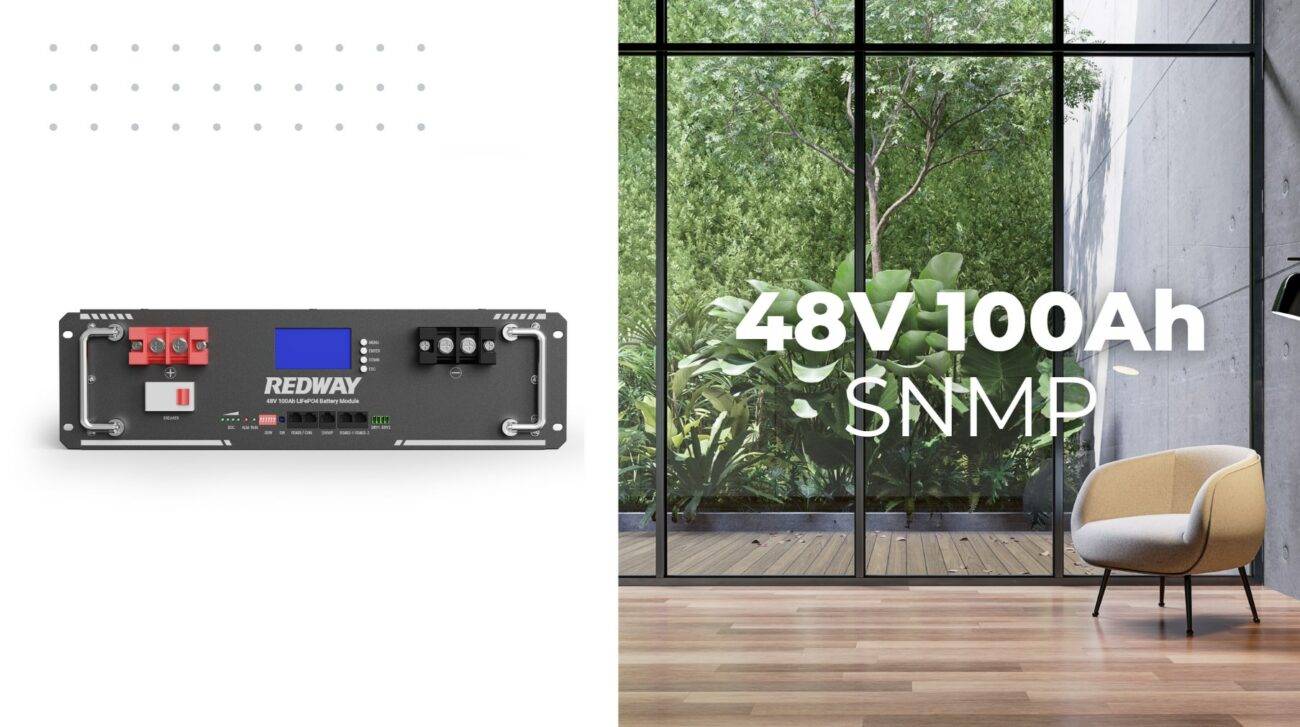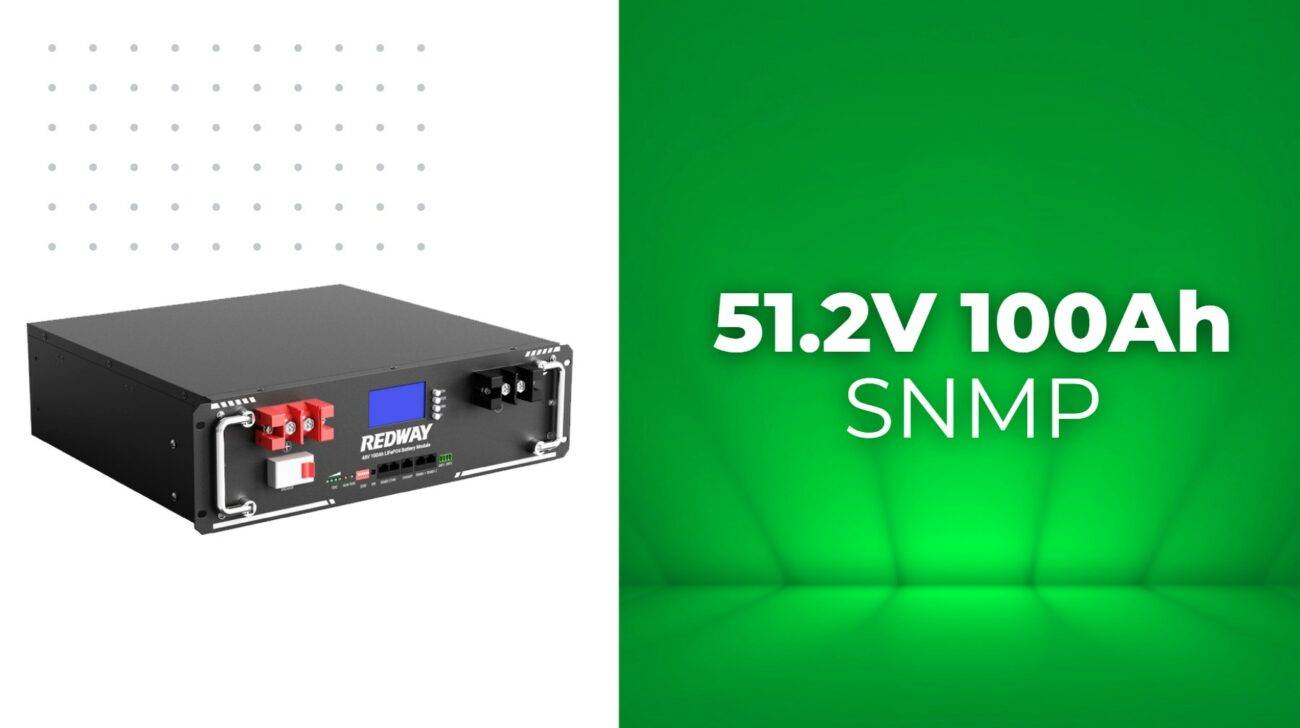- Rack-mounted Lithium Battery
- Golf Cart Lithium Battery
-
Golf Cart Lithium Battery
- 36V 50Ah (for Golf Carts)
- 36V 80Ah (for Golf Carts)
- 36V 100Ah (for Golf Carts)
- 48V 50Ah (for Golf Carts)
- 48V 100Ah (Discharge 100A for Golf Carts)
- 48V 100Ah (Discharge 150A for Golf Carts)
- 48V 100Ah (Discharge 200A for Golf Carts)
- 48V 120Ah (for Golf Carts)
- 48V 150Ah (for Golf Carts)
- 48V 160Ah (Discharge 100A for Golf Carts)
- 48V 160Ah (Discharge 160A for Golf Carts)
-
Golf Cart Lithium Battery
- Forklift Lithium Battery
- 12V Lithium Battery
- 24V Lithium Battery
- 36V Lithium Battery
- 48V Lithium Battery
-
48V LiFePO4 Battery
- 48V 50Ah
- 48V 50Ah (for Golf Carts)
- 48V 60Ah (8D)
- 48V 100Ah (8D)
- 48V 100Ah
- 48V 100Ah (Discharge 100A for Golf Carts)
- 48V 100Ah (Discharge 150A for Golf Carts)
- 48V 100Ah (Discharge 200A for Golf Carts)
- 48V 150Ah (for Golf Carts)
- 48V 160Ah (Discharge 100A for Golf Carts)
- 48V 160Ah (Discharge 160A for Golf Carts)
-
48V LiFePO4 Battery
- 60V Lithium Battery
-
60V LiFePO4 Battery
- 60V 20Ah
- 60V 30Ah
- 60V 50Ah
- 60V 50Ah (Small Size / Side Terminal)
- 60V 100Ah (for Electric Motocycle, Electric Scooter, LSV, AGV)
- 60V 100Ah (for Forklift, AGV, Electric Scooter, Sweeper)
- 60V 150Ah (E-Motocycle / E-Scooter / E-Tricycle / Tour LSV)
- 60V 200Ah (for Forklift, AGV, Electric Scooter, Sweeper)
-
60V LiFePO4 Battery
- 72V~96V Lithium Battery
- E-Bike Battery
- All-in-One Home-ESS
- Wall-mount Battery ESS
-
Home-ESS Lithium Battery PowerWall
- 24V 100Ah 2.4kWh PW24100-S PowerWall
- 48V 50Ah 2.4kWh PW4850-S PowerWall
- 48V 50Ah 2.56kWh PW5150-S PowerWall
- 48V 100Ah 5.12kWh PW51100-F PowerWall (IP65)
- 48V 100Ah 5.12kWh PW51100-S PowerWall
- 48V 100Ah 5.12kWh PW51100-H PowerWall
- 48V 200Ah 10kWh PW51200-H PowerWall
- 48V 300Ah 15kWh PW51300-H PowerWall
PowerWall 51.2V 100Ah LiFePO4 Lithium Battery
Highly popular in Asia and Eastern Europe.
CE Certification | Home-ESS -
Home-ESS Lithium Battery PowerWall
- Portable Power Stations
Understanding 48V Rack Mount Battery Solutions

As technology continues to advance, the demand for reliable power solutions is more critical than ever. Among these solutions, 48V rack mount batteries have emerged as a game changer in various industries. From data centers to telecommunications, these robust systems are playing a crucial role in ensuring uninterrupted power supply and efficient operation.
Imagine a world where your critical equipment runs smoothly without the constant worry of power outages. That’s exactly what 48V rack mount batteries offer—an innovative way to support high-performance applications while optimizing space and energy usage. Whether you’re looking to enhance your existing setup or exploring new options, understanding these battery systems can help you make informed decisions that benefit your organization in the long run.
Let’s dive deeper into what makes 48V rack mount batteries an essential part of modern infrastructure!
What is a 48V Rack Mount Battery?
A 48V rack mount battery is a power storage solution designed to fit seamlessly into standard server racks. These batteries provide a stable voltage output, making them ideal for various applications, from data centers to industrial systems.
Typically housed in compact enclosures, they are engineered for efficiency and space-saving. Their structure allows easy integration with existing setups without consuming excessive floor space.
The term “rack mount” refers to their ability to be installed in standardized mounting frameworks. This design enables organizations to maximize vertical space while ensuring that critical equipment stays powered.
These batteries often support both lead-acid and lithium-ion technologies, catering to different performance needs. As energy demands grow, the importance of reliable power sources like the 48V rack mount battery becomes increasingly clear.

Benefits of Using a 48V Rack Mount Battery
The use of a 48V rack mount battery offers several advantages for various applications. One prominent benefit is efficiency. These systems deliver high power output while minimizing energy losses, making them ideal for critical setups.
Space-saving design is another key feature. Rack mount batteries fit neatly into standard server racks, optimizing your setup without wasting valuable floor space.
Flexibility enhances their appeal significantly. Whether you’re powering IT equipment or telecommunications gear, these batteries adapt well to diverse environments and requirements.
Their scalability also stands out; you can easily expand the system as your energy needs grow. This capability ensures longevity and cost-effectiveness in the long run.
Moreover, 48V systems often provide enhanced safety benefits compared to higher voltage alternatives. They reduce risks related to electrical shocks and fires, promoting a safer working environment overall.
Applications of 48V Rack Mount Batteries
48V rack mount batteries find their place in various industries, showcasing versatility and reliability. Data centers are prime users, where uninterrupted power supply is crucial. These batteries support servers and networking equipment, ensuring operations run smoothly.
Telecommunications also benefit significantly from 48V systems. They provide backup power for critical communication infrastructure during outages. This ensures connectivity remains intact even in challenging conditions.
Another key application lies in renewable energy setups. Solar installations often utilize these battery solutions to store excess energy generated during peak sunlight hours. This stored power can then be utilized when production dips.
Additionally, industrial automation relies on 48V batteries for powering essential machinery and tools. Their robust design allows them to withstand demanding environments while delivering consistent performance throughout the day.
The growing trend of electric vehicles further highlights the importance of these battery systems as they serve as a bridge between conventional power sources and modern electric technologies.
Types of 48V Rack Mount Batteries
48V rack mount batteries come in several types, each designed for specific needs. Lithium-ion batteries are popular due to their high energy density and lightweight design. They offer longer life cycles and faster charging capabilities compared to traditional battery types.
Lead-acid batteries remain a staple choice as well. They’re cost-effective and dependable, making them suitable for various applications despite being heavier and bulkier.
Nickel-based options exist too, providing robust performance under extreme conditions. Their resilience makes them ideal for demanding environments where temperature fluctuations occur.
Another emerging option is the flow battery, which uses liquid electrolytes. These systems can be scaled up easily for larger power requirements while maintaining efficiency over time.
Each type has its strengths and weaknesses, catering to different operational demands in data centers or other facilities needing reliable power solutions.
Factors to Consider When Choosing a 48V Rack Mount Battery
Choosing the right 48V rack mount battery involves several crucial factors. First, consider capacity. This determines how long your system can run before needing a recharge.
Next, think about the size and weight of the battery. Ensure it fits comfortably within your rack space without compromising airflow or accessibility.
Compatibility is also essential. Check if the battery integrates seamlessly with existing equipment to avoid functionality issues.
Look at discharge rates as well; they influence performance during peak usage times. A higher discharge rate may be necessary for intensive applications.
Don’t overlook warranty options and customer support from manufacturers. Reliable service can save you headaches down the road.
Evaluate safety features such as overcharge protection and temperature monitoring to safeguard both your investment and equipment longevity.
Maintenance and Safety Tips for 48V Rack Mount Batteries
Proper maintenance is crucial for the longevity of 48V rack mount batteries. Regular inspections can help identify issues before they escalate. Check connections for corrosion and ensure terminals are clean.
Temperature plays a vital role in battery performance. Keep your batteries in an environment where temperatures remain stable, ideally between 20°C to 25°C (68°F to 77°F). Extreme heat or cold can drastically reduce lifespan.
Always monitor charge levels. Avoid letting the battery discharge completely, as this can lead to damage over time. Utilize a reliable monitoring system that alerts you when levels dip too low.
Safety should always be top of mind. Use personal protective equipment like gloves and goggles during any handling or maintenance tasks. Ensure proper ventilation when working with batteries to mitigate fumes from charging processes.
Stay updated on manufacturer guidelines concerning maintenance schedules and replacement intervals to ensure optimal operation.
Conclusion
Choosing the right power solution is essential for any organization that relies on uninterrupted energy supply. 48V rack mount batteries offer a versatile and efficient option, suitable for various applications ranging from data centers to renewable energy systems. Their benefits are clear: compact design, high efficiency, and scalability make them an attractive choice.
When selecting a battery, it’s crucial to consider factors such as capacity, discharge rates, and compatibility with existing systems. Regular maintenance ensures optimal performance while adhering to safety protocols can prevent accidents or malfunctions.
By understanding these aspects of 48V rack mount batteries, you can make informed decisions that will enhance your operations and ensure reliable power whenever needed. The future of energy storage is evolving rapidly—staying ahead means being knowledgeable about the best solutions available.


















